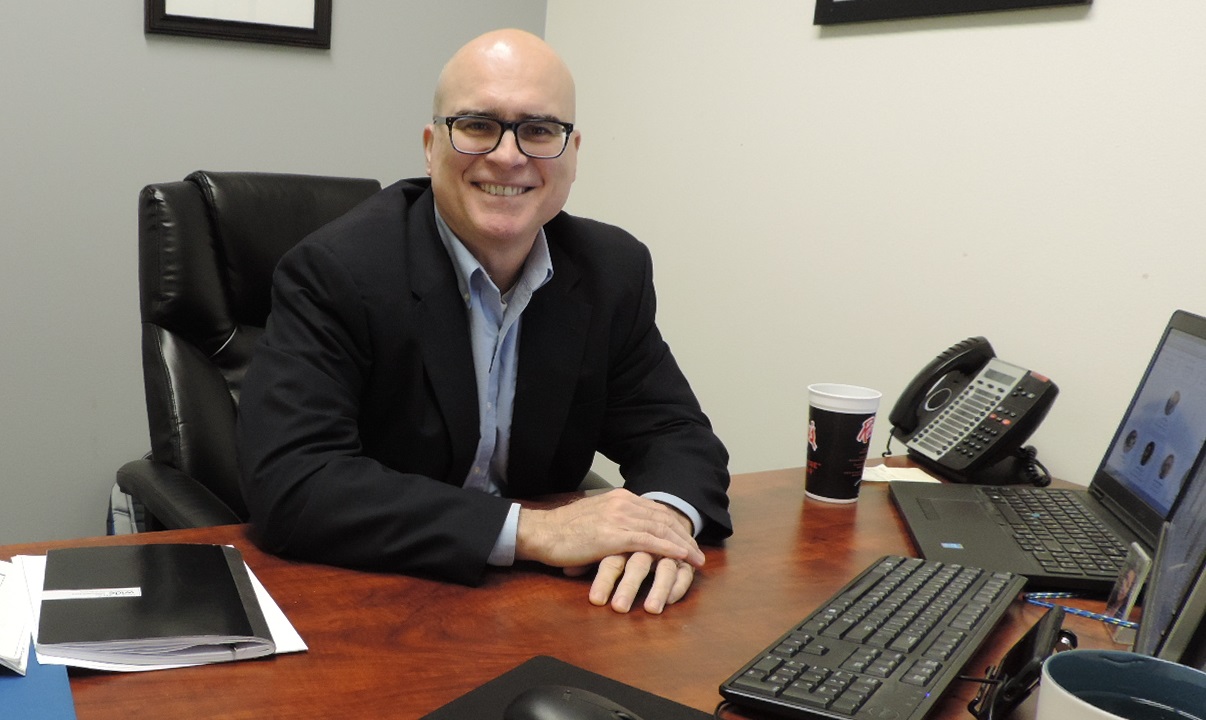The economy continues to recover and the stock market continues to set new records. However, household incomes have not kept pace with the recovery and household debt has made a comeback fueled by consumer optimism. Debt continues to escalate and income remains flat to slightly increasing for most households. We expect wages to increase gradually in the coming year however the majority of households have elevated household debt, namely revolving debt, to maintain lifestyle. As a result, we see the gap between earnings and debt widen for consumers in all parts of the country.
According to the U.S. Census Bureau, Credit card debt continues to rise with the average household carrying over $16,000 in credit card debt on an average of approximately 3 cards (*TransUnion) per person. Consider also the rise of unsecured debt from Peer to Peer lenders adding to the overall credit burden of today’s consumers.
So maybe lender focus needs to change? Surely, I’m not suggesting that we throw away prudent underwriting guidelines. But I am suggesting that we set new expectations by more accurately predicting the new reality we are faced with. Lenders must adapt to an environment where the consumer is being squeezed between escalating debt and stagnant wages and consider a fresh approach in managing their loan portfolios. The job of protecting from losses is too large to be managed solely on the front end at underwriting. We must build budgets with appropriate loan loss reserves that set clear and realistic profitability expectations.
Maybe it’s time to modify our thinking as to what are “acceptable” loss rates and build new yield projections in our business models to maintain the margins we need to grow our businesses. Finally, we must rethink the way we collect and liquidate the collateral we take in and spend the money needed to acquire talent in these areas. Use multiple repossession agents, auction houses, and consider hiring a liquidation specialist that creates a dedicated dealer network that can recondition and/or purchase your collateral. The addition of a recovery specialist to collect and recover past charge offs is also money well spent.
Overall, consumer debt is increasing and times are changing. Though there is no simple solution or response to this new climate, it is important to re-evaluate current efforts to consider new avenues for both helping consumers and maintaining profitability.
All the best,
Roger Douville
;)

